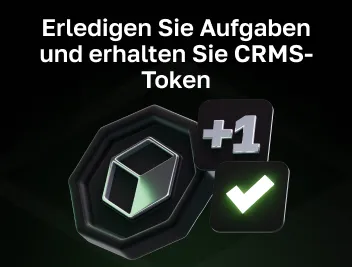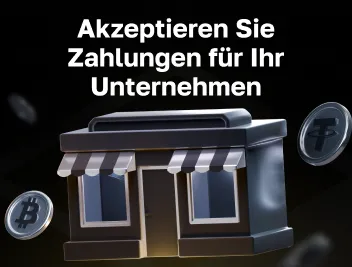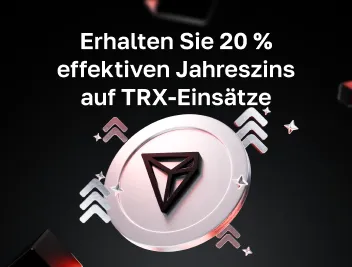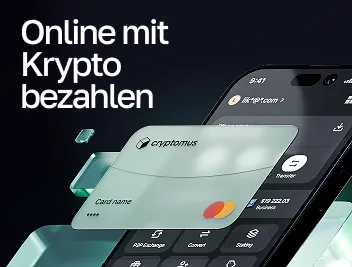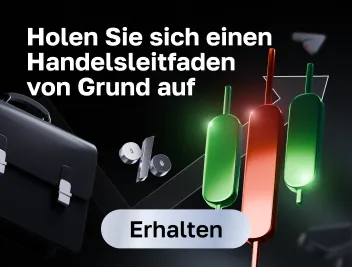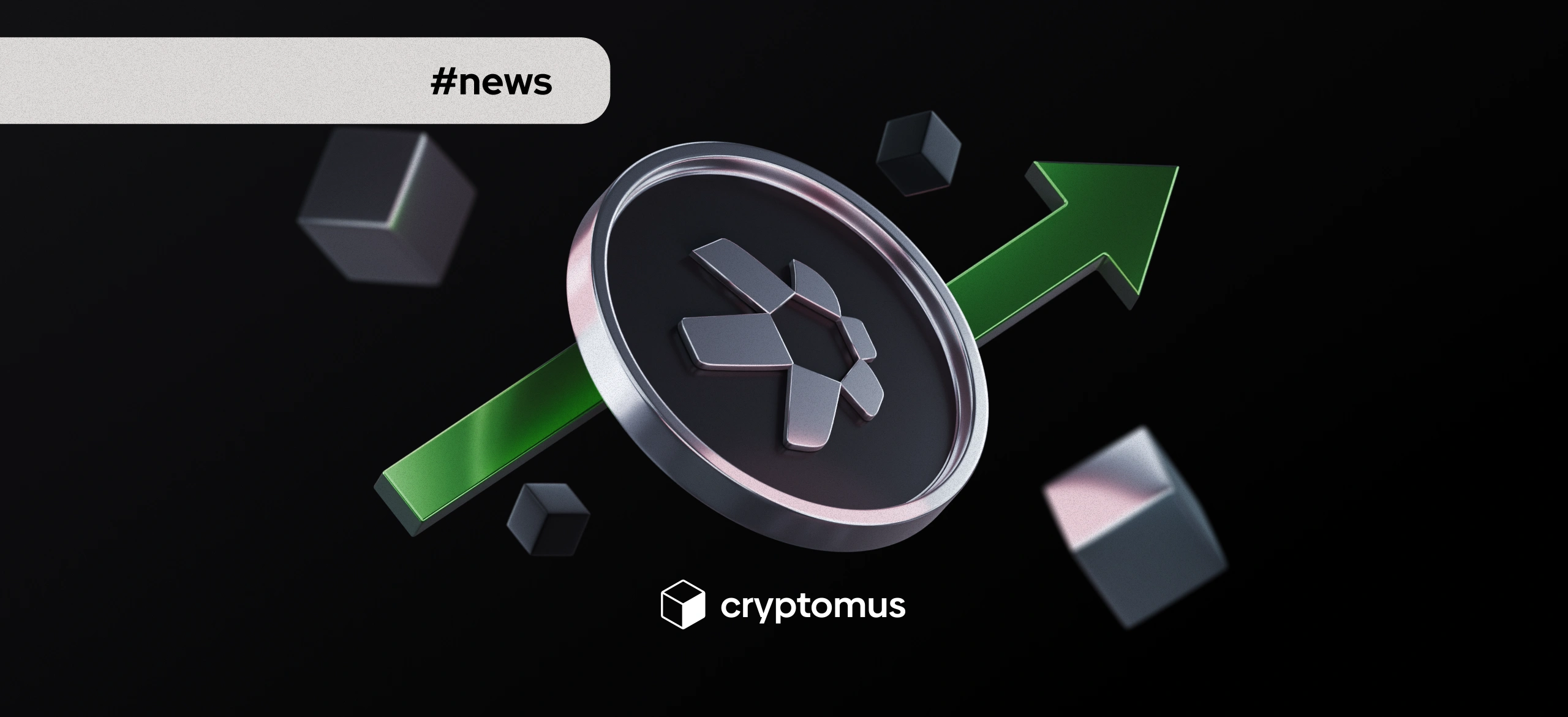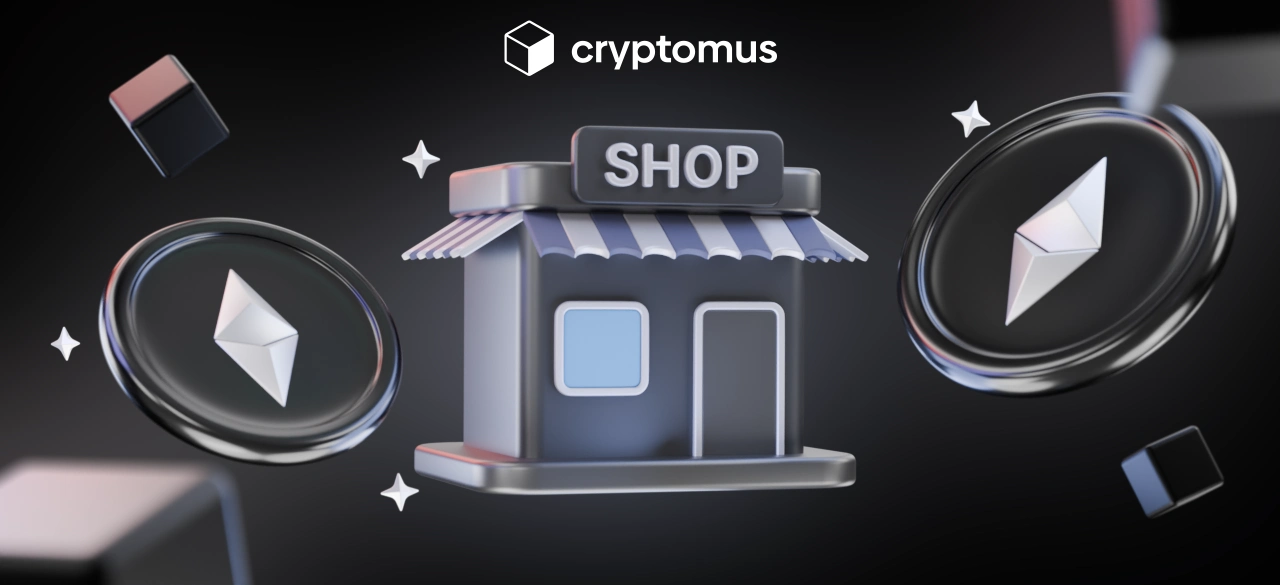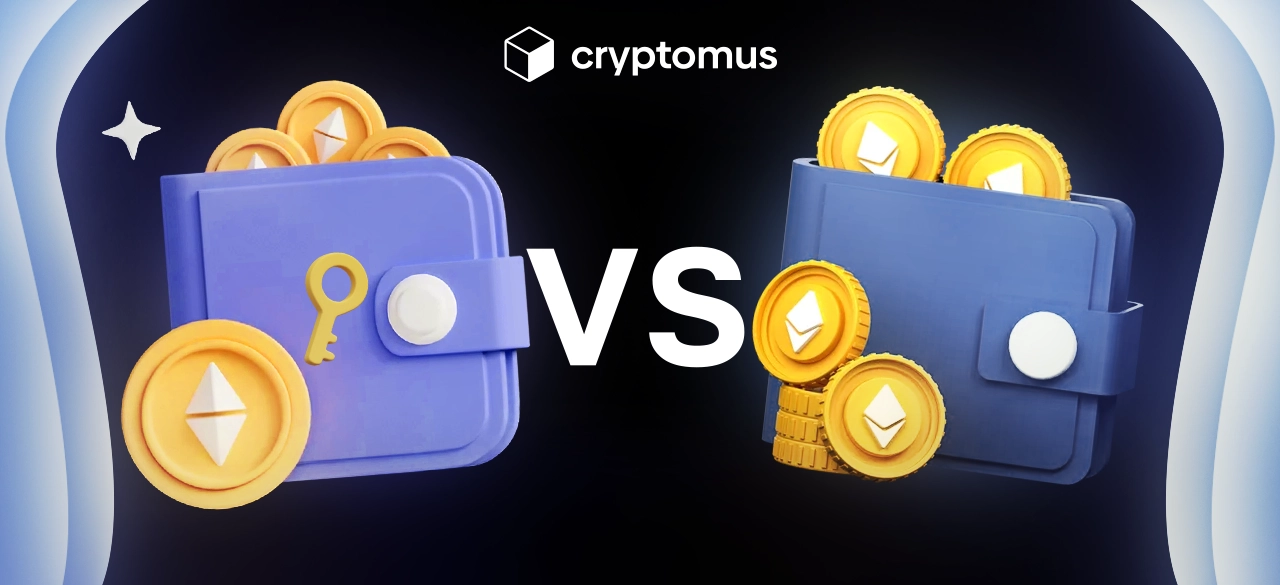
Custodial vs. Non-Custodial Wallets: Welches ist das Richtige für Sie?
Inhaltsverzeichnis
Das Erstellen einer Krypto-Wallet ist der erste Schritt, um Ihre Assets effektiv und sicher zu verwalten. In diesem Artikel diskutieren wir Custodial vs. Non-Custodial Wallets, ihre Vorteile und den Unterschied zwischen Non-Custodial Wallets und Custodial Wallets.
Depotgeldbörsen
Eine Verwahrungsgeldbörse ist eine Art Kryptowährungsgeldbörse, die einen eigenen "Verwalter" hat - eine dritte Partei, z. B. eine Kryptowährungsbörse oder ein Brieftaschendienstanbieter. Diese Partei ist voll verantwortlich für den Schutz Ihrer Gelder in diesem elektronischen Speicherplatz für Krypto. Daher werden die wesentlichen privaten Schlüssel Ihrer digitalen Assets für den Zugriff und die Kontrolle von einem vertrauenswürdigen Dienstleister aufbewahrt.
Bei der Verwendung einer verwahrten oder nicht verwahrten Brieftasche vertraut der Benutzer dem Brieftaschenanbieter, um Kryptowährungsbestände zu schützen und zu verwalten und Transaktionen zu erleichtern. Darüber hinaus haben wir auf Cryptomus Depotgeldbörsen, um Ihre Vermögenswerte zu bewerten und zu verwalten. Wir speichern Schlüssel aus den Brieftaschen der Benutzer sicher und bieten volle Unterstützung bei der Arbeit mit unserem Ökosystem.
Wie funktioniert es?
Wenn Sie ein Konto mit einer Depotbrieftasche auf Cryptomus erstellen, richten Sie es effektiv ein, um Ihre Kryptowährungen zu speichern. Sie übernehmen auch die Verantwortung für die Aufbewahrung des privaten Schlüssels, sodass Cryptomus die ultimative Kontrolle und Überwachung Ihrer Krypto-Assets hat. Wenn Sie eine Transaktion durchführen oder eine Zahlung mit einer Depotbrieftasche erhalten möchten, müssen Sie die Anfrage innerhalb der Brieftasche einreichen. Anschließend führt die Brieftasche die Transaktion in Ihrem Namen aus, indem sie ihre privaten Schlüssel verwendet.
Was sind die Vorteile?
- Unbefugten.
Bei Verwahrungsgeldbörsen im Vergleich zu nicht Verwahrungsgeldbörsen kontrolliert der Dritte die privaten Schlüssel, die mit allen Krypto-Assets des Benutzers verknüpft sind. Private Schlüssel sind für den Zugriff und die Verwaltung der Gelder erforderlich und müssen vor potenziellen Hackerangriffen geschützt werden. Wählen Sie den Wallet-Anbieter sorgfältig aus, um ihm die Sicherheit und Verwaltung Ihrer Gelder voll und ganz anzuvertrauen.
- Komfort und Kundenbetreuung.
Im Vergleich zu einer nicht verwahrten Brieftasche ist eine Verwahrungsgeldbörse benutzerfreundlicher. Dies macht es wirklich geeignet, insbesondere für Krypto-Anfänger oder für Leute, die vereinfachte und benutzerfreundliche Oberflächen mögen.
Typischerweise bieten die Wallet-Anbieter, die die Einrichtung einer Custodial Wallet anbieten, auch einen hohen Kundensupport, der bei Problemen immer hilft, Lösungen zu finden.
- Wiederherstellung des Kontos.
Viele Verwahrungsgeldbörsen bieten häufig Wiederherstellungsoptionen für den Fall, dass Benutzer ihre Passwörter vergessen oder den Zugriff auf ihre Konten verlieren. Diese Optionen können Identitätsprüfung oder andere Methoden umfassen. In solchen Fällen können Sie sich auch an den Kundendienst wenden, um das Problem zu lösen und den Zugriff wiederherzustellen.
- Identitätsprüfung.
Wenn Sie eine verwahrte Krypto-Geldbörse verwenden möchten, müssen Sie wahrscheinlich eine Identitätsprüfung bestehen und die KYC-Anforderungen (Know-your-Customer) erfüllen.
Für Nutzer von Custodial Wallets ist es entscheidend, sorgfältig und aufmerksam seriöse und vertrauenswürdige Anbieter auszuwählen. Beachten Sie auch die Allgemeinen Geschäftsbedingungen des Dienstes in Bezug auf Gebühren und Auszahlungslimits.
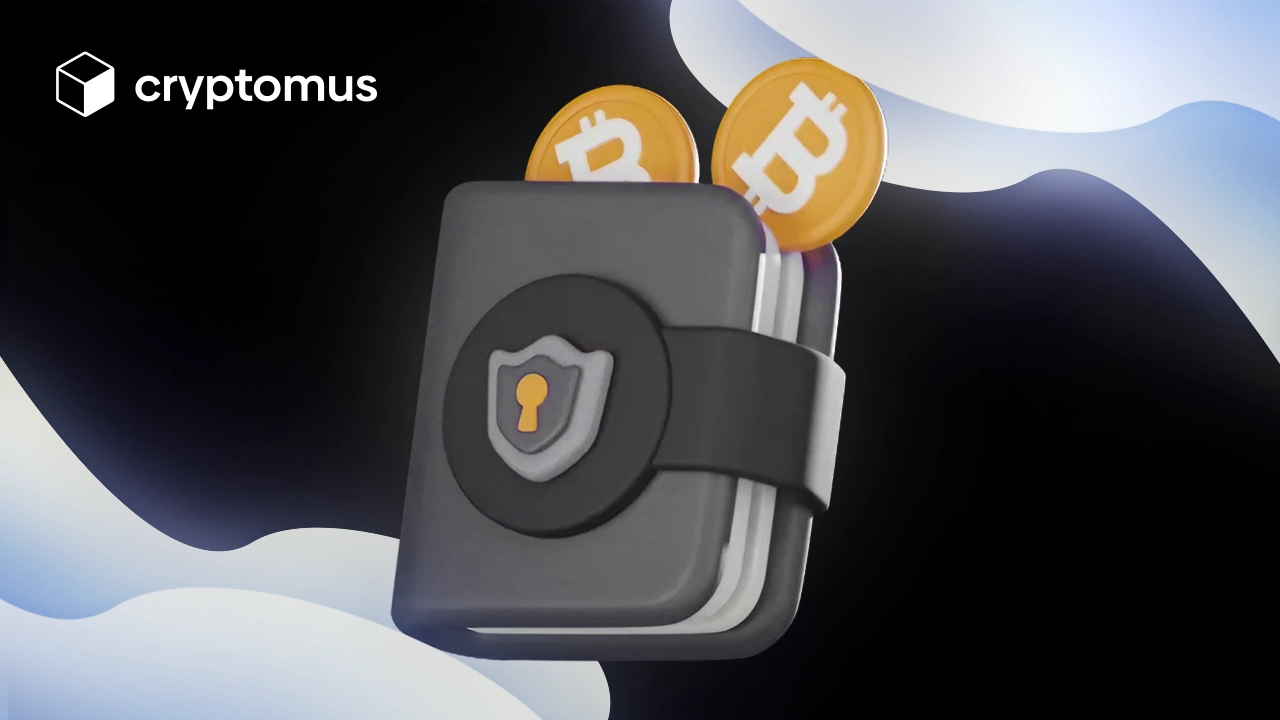
Geldbörsen ohne Verwahrung
Ein nicht verwahrtes Kryptowährungs-Wallet ist ein Wallet, in dem der Benutzer die vollständige Kontrolle über seine privaten Schlüssel und die Sicherheit seiner Kryptowährungsbestände hat. Dies ist die beste Option, um Krypto-Einsparungen für diejenigen zu erzielen, die die vollständige Kontrolle haben möchten und bereit sind, alle Transaktionen zu schützen, zu überwachen und zu überprüfen.
Wie funktioniert es?
Bei der Verwendung der nicht verwahrten Brieftasche wird die gesamte Transaktionsverarbeitung direkt über die Brieftaschen-App durchgeführt, und niemand sonst ist daran beteiligt. Sie müssen Ihre privaten Schlüssel verwenden und Transaktionen bestätigen, indem Sie den Besitz von Brieftaschen nachweisen.
Was sind die Vorteile?
- Eigentum und volle Benutzerkontrolle.
In nicht verwahrten vs. verwahrten Geldbörsen haben Benutzer das volle Eigentum und die volle Kontrolle über ihre Kryptowährungsbestände, sodass sie ihre Vermögenswerte senden, empfangen und verwalten können. Mit der Unterstützung der Brieftasche gibt es keine dritte Partei, und die Benutzer verwalten, überprüfen und sichern ihre privaten Schlüssel und Kryptowährungsbestände selbst. Sie eignen sich besonders für langfristige Anleger und diejenigen, die Wert auf Eigenständigkeit im Kryptowährungsraum legen.
- Wiederherstellungsoptionen.
Es ist wichtig, über Wiederherstellungsoptionen Bescheid zu wissen, die von nicht verwahrten Geldbörsen bereitgestellt werden. Dieser Prozess erfordert normalerweise eine Wiederherstellungs- oder Startphrase von 12 oder 24 Wörtern. In problematischen Fällen hilft Ihnen dieser Satz, wieder auf Ihre privaten Schlüssel zuzugreifen, wenn Sie den Zugriff auf Ihre Brieftasche verlieren. Es ist wichtig, diese Seed-Phrase zu schützen und regelmäßige Backups der Brieftasche im Falle von Verlust, Diebstahl oder Beschädigung des primären Geräts zu erstellen.
- Offline-Speicheroptionen.
Nicht verwahrte Wallets umfassen Optionen für Offline- oder Hardware-Wallets, die eine zusätzliche Sicherheitsebene bieten, indem private Schlüssel physisch vom Internet getrennt bleiben.
Was ist der Unterschied zwischen verwahrten und nicht verwahrten Geldbörsen?
Custodial vs Non-Custodial Crypto Wallet: Was soll man wählen? Hier sind die Hauptunterschiede zwischen freiheitsentziehenden und nicht freiheitsentziehenden:
- Kontroll- und Sicherheitsverantwortung.
In Custodial Wallet vs Non-Custodial One gibt es einen Wallet-Anbieter, der als Dritter fungiert und sich um viele Aspekte wie Sicherheit und Kontrolle über die privaten Schlüssel, Verwaltung und Verfolgung von Transaktionen kümmert.
Bei einer nicht verwahrenden Option gibt es keine solche Option von Drittanbietern. Die Benutzer haben das volle Eigentum und die Kontrolle über ihre Vermögenswerte und entscheiden selbst, wie sie Ladenbestände generieren, welche Sicherheitsmaßnahmen zu ergreifen sind und wie sie ihre Ersparnisse am besten verwalten und verfolgen.
- Wiederherstellungsoptionen.
Einige Custodial Wallets bieten Optionen zur Kontowiederherstellung, falls Sie Ihr Passwort vergessen oder den Zugriff auf Ihr Konto verlieren. Dies bedeutet, dass Sie sich möglicherweise auf den Wallet-Anbieter verlassen müssen, um Ihr Konto wiederherzustellen.
Bei nicht verwahrten Geldbörsen im Vergleich zu verwahrten Geldbörsen sind die Benutzer für die Aufbewahrung und Sicherung privater Schlüssel und Ersparnisse verantwortlich. Um weitere Komplikationen zu vermeiden, sollten Sie Ihre Brieftasche regelmäßig sichern.
- Datenschutz und Überprüfung der Benutzer.
Um eine Depotbrieftasche zu verwenden, müssen Sie zunächst die Identitätsprüfung bestehen und die KYC-Anforderungen (Know-your-Customer) erfüllen.
Nicht verwahrte Brieftaschen priorisieren in der Regel die Privatsphäre der Benutzer, sodass Benutzer keine Identitätsprüfung bestehen oder persönliche Informationen angeben müssen, um die Brieftasche zu verwenden.
Verwahrungsgeld oder nicht Verwahrungsgeld? Wir hoffen, dass dieser Artikel Ihnen hilft, die richtige Wahl zu treffen. Analysieren Sie Ihre Prioritäten und wählen Sie mit Cryptomus die Brieftasche aus, die Sie am meisten bevorzugen!
Simplify Your Crypto Journey
Möchten Sie Kryptowährungen speichern, senden, akzeptieren, einsetzen oder handeln? Mit Cryptomus ist alles möglich – melden Sie sich an und verwalten Sie Ihre Kryptowährungsgelder mit unseren praktischen Tools.
Erste Schritte
